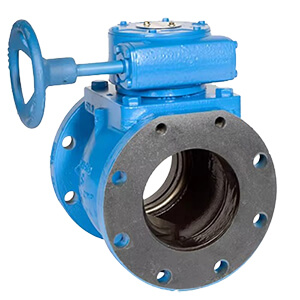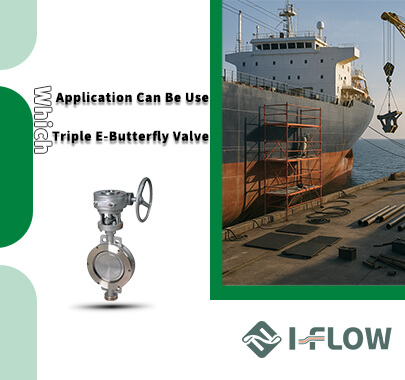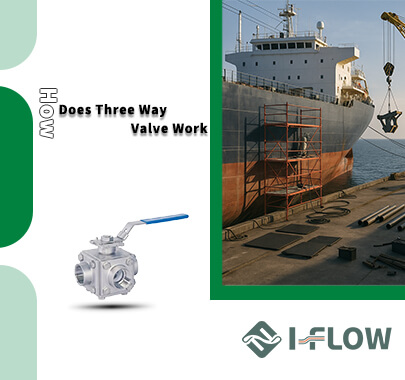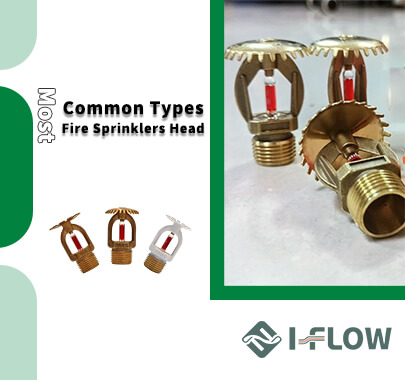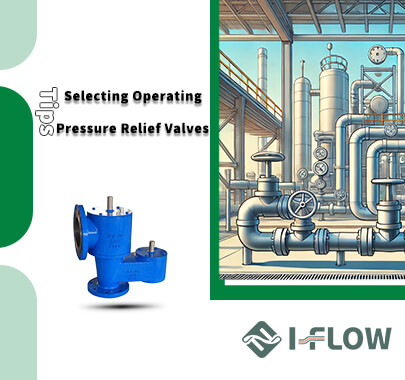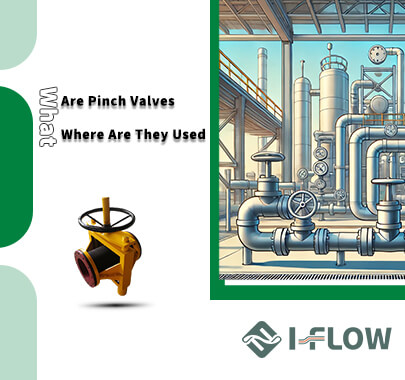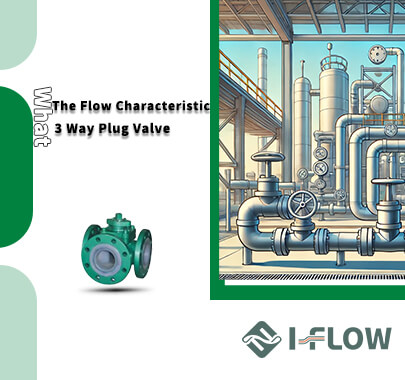What Is a Plug Valve
A plug valve is a type of valve that uses a cylindrical or tapered plug to regulate the flow of fluid. The plug typically has a hole or passage through which the fluid flows. By rotating the plug 90 degrees, the flow is either allowed or blocked. Plug valves are frequently used in on/off or throttling applications and are known for their durability and simplicity. They are commonly found in systems dealing with water, chemicals, oil, and gas. Advantages of Using a Plug Valve
1. Simple Design and Ease of Operation
One of the primary advantages of plug valves is their simple design. They have fewer components than other types of valves, making them easier to operate and maintain. This simplicity translates to a reduction in potential failure points and lower overall maintenance costs.
Maintenance Benefits: With fewer moving parts and a straightforward operation, plug valves are less likely to break down compared to more complex valve types, such as ball valves or globe valves.
2. Compact and Space-Efficient
Plug valves are compact and lightweight, making them ideal for installations where space is limited. Whether you’re working with small piping systems or confined installation areas, plug valves provide an efficient, space-saving solution.
Ideal for Tight Spaces: If your facility or pipeline requires a compact valve solution, plug valves take up less space than larger, bulkier alternatives like gate valves or butterfly valves.
3. Durability in Harsh Environments
Plug valves are well-known for their durability, particularly in harsh conditions. They perform well in systems with high pressures, high temperatures, or corrosive fluids. The rugged design of a plug valve makes it suitable for challenging industrial applications such as in oil and gas pipelines, chemical processing, and water treatment plants.
Resilience: Their robust construction means they can handle extreme operational environments without losing performance, ensuring a long service life.
4. Cost-Effectiveness
Given their simple construction, plug valves are often more affordable than other valve types. The initial cost of a plug valve is generally lower, making it a cost-effective option for businesses looking to control expenses.
Affordable Choice: When compared to more complex valves, plug valves provide a reliable solution at a lower upfront cost.
5. Effective for On/Off and Throttling Applications
Plug valves are versatile enough to be used for both on/off applications and throttling control. The plug can be rotated to provide partial flow regulation, allowing operators to control fluid flow efficiently. While they are not as precise as other valves in throttling applications, they still offer effective flow control.
Versatile Usage: In applications where you need to stop or adjust the flow of fluid, plug valves are a practical solution, especially for systems with moderate flow control needs.
Disadvantages of Using a Plug Valve
1. Less Accurate Throttling Control
While plug valves are capable of regulating flow, they do not provide the same level of precision as globe valves or ball valves. The design of the plug valve often results in uneven throttling, making it unsuitable for systems where exact flow control is required.
Inaccurate Flow Regulation: If your system requires highly precise throttling to maintain specific conditions, a plug valve may not be the best option.
2. Potential for Leakage Over Time
A common issue with plug valves is the potential for leakage, especially as the valve ages. The continuous movement of the plug can wear down the seals, resulting in leaks that may affect system efficiency and safety.
Seal Wear: To maintain optimal performance, plug valves require regular inspection and maintenance, as worn seals can cause leakage and reduce the valve's effectiveness over time.
3. Limited Flow Capacity
Plug valves are not typically used in systems that require very high flow rates. While they work well for moderate flow conditions, the design of a plug valve can introduce resistance, which may create a significant pressure drop in high-flow applications.
Not Ideal for High-Flow Systems: If your system demands high-flow capabilities, a ball valve or gate valve may be a better choice to minimize flow resistance.
4. Vulnerability to Debris
In systems where debris or particulates are present in the fluid, plug valves can become susceptible to damage or blockage. The plug may get stuck due to the accumulation of particles, preventing the valve from opening or closing properly.
Risk of Jamming: Regular cleaning and filtration upstream of the valve are recommended to avoid issues with debris causing operational failures.
5. Not Suitable for Large Piping Systems
While plug valves work well in smaller systems, they are less commonly used in larger pipeline networks. Their design and performance characteristics limit their use in very large-scale systems that require valves capable of handling higher flow rates and pressure levels.
Limitations in Large Installations: For large, high-pressure systems, valves like gate valves or butterfly valves may be more appropriate.
When to Use a Plug Valve
Moderate flow regulation or simple on/off control.
Compact installations where space is limited.
Systems exposed to harsh operating conditions, such as those with high temperatures or corrosive fluids.
Cost-sensitive projects, where affordability and durability are prioritized over precision.

.png)
 en |
en |








